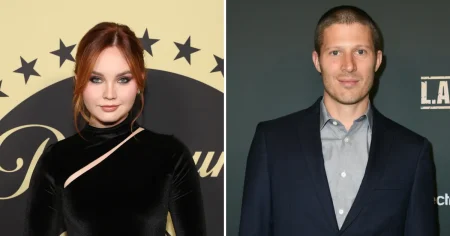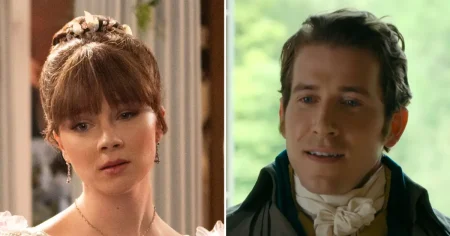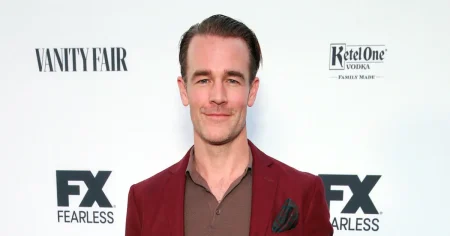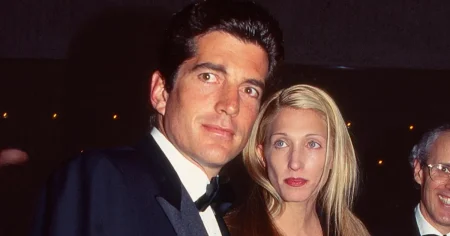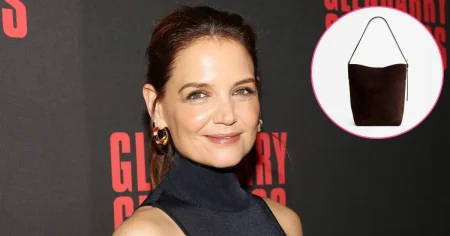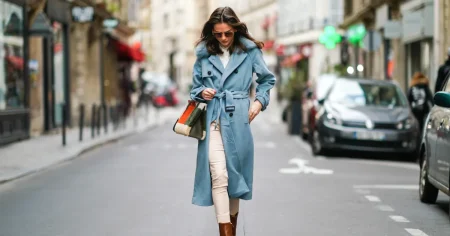Beyoncé: A Fashion Icon for the Ages
Beyoncé Knowles Carter stands as one of the most influential style icons of our time. From her early days with Destiny’s Child to her groundbreaking solo career spanning the Lemonade and Renaissance eras, she has consistently redefined fashion standards while creating cultural moments that ripple through the industry. Her extraordinary ability to reinvent herself while maintaining an unmistakable personal aesthetic has cemented her status as a fashion pioneer whose influence extends far beyond music.
The early 2000s introduced us to Beyoncé’s initial fashion sensibilities during her Destiny’s Child period, characterized by rhinestone-adorned outfits and meticulously coordinated ensembles that defined the era. These formative years showcased her natural understanding of visual impact, with matching costumes that told a story of unity while allowing individual personality to shine through. Though these looks might appear dated through a contemporary lens, they represented the perfect marriage of the Y2K aesthetic with the group’s energetic performances, establishing Beyoncé as someone who comprehended how fashion could amplify artistic expression from the very beginning of her career.
As her solo career flourished, Beyoncé’s fashion evolution accelerated dramatically, transforming from pop star glamour to sophisticated cultural commentary through clothing. The Lemonade era marked a particularly significant shift, with Beyoncé embracing designs that celebrated Black southern heritage, incorporating antebellum references, African-inspired patterns, and statement accessories that complemented the album’s powerful themes. This period demonstrated her understanding that fashion serves as both personal expression and cultural conversation, wearing pieces that spoke to history, identity, and empowerment. Her choices reflected a deepening artistic maturity, using fashion as an extension of her musical storytelling rather than merely as adornment.
The Renaissance period elevated Beyoncé’s fashion presence to unprecedented heights, embracing futuristic silhouettes, disco influences, and avant-garde constructions that pushed creative boundaries. Her tour costumes and appearance paid homage to club culture, ballroom scenes, and fashion houses with elaborate custom pieces from designers like Schiaparelli, Mugler, and Balmain. During this era, she expertly balanced theatrical presentation with historical references, creating looks that felt simultaneously forward-thinking and nostalgic. These fashion choices weren’t just visually striking but contributed meaningfully to the album’s themes of liberation, self-expression, and joyful rebellion.
Beyoncé’s most recent transformation into the Cowboy Carter era has proven her unmatched ability to influence fashion trends through musical reinvention. According to fashion search engine Lyst, following the album’s March 2024 release, searches for “cowboy boots” increased by 51 percent, “Levi’s jeans” by 31 percent, and items featuring the keyword “cowboy” by a remarkable 57 percent. This dramatic market response underscores Beyoncé’s extraordinary influence as both a tastemaker and commercial force. By embracing Western aesthetics through her unique lens, she’s reclaiming and reimagining country fashion codes while simultaneously driving substantial consumer interest in these styles, demonstrating how her artistic vision can reshape market trends almost overnight.
Beyond her album eras, Beyoncé’s red carpet appearances consistently deliver moments of fashion history, combining bold artistic choices with impeccable execution. Whether appearing at the Met Gala in custom Givenchy, accepting awards in architectural Valdrin Sahiti creations, or making surprise appearances in sculptural couture pieces, she approaches formal events with the same thoughtful precision she brings to her performances. What distinguishes Beyoncé’s style legacy is not merely the glamour of individual outfits but her comprehensive understanding of fashion as cultural communication. Through deliberate choices spanning custom designer collaborations, vintage references, and support for emerging designers—particularly those from underrepresented backgrounds—she has transformed fashion from simple self-presentation into a powerful platform for artistic expression, cultural commentary, and industry influence. As she continues evolving, Beyoncé’s fashion journey remains one of the most compelling narratives in contemporary popular culture, constantly challenging expectations while setting new standards for what a modern icon can embody.





